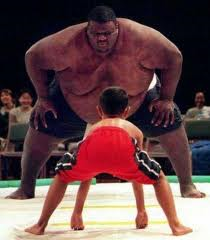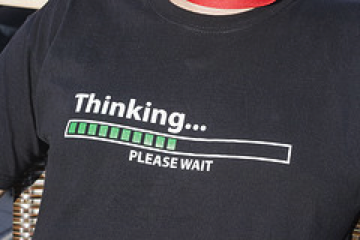
It’s not just their discipline to work hard to reach a goal, but their ability to say NO to those things, which on the surface appear to be important, but in reality are distractions. Saying “no” is a gift you give yourself.
When you choose to only focus on what’s truly important, it will make you available physically and mentally for the things that are really critical to reaching your goals.
By saying “no” you inevitably protect your most important fixed resource- TIME.
You and I have 24 hours in a day. So do President Obama, Tim Cook and Katy Perry. Your success no longer just depends on your ability to prove yourself, but more on your ability to prioritize what’s important.
As Steve Jobs once said, “I’m actually as proud of the things we haven’t done as the things we have done. Innovation is saying ‘no’ to 1,000 things.” Jobs followed his advice in 1998 when he cut Apple’s product line from 350 down to 10. Watch this 1-minute video with Mark Parker, the CEO of Nike talking about a call he got from Steve Jobs.
When you’re focused, it’s easy to see what you need to do to become remarkable and manage your brand. Herb Kelleher, the Founder of Southwest Airlines applies a simple mindset to every issue: Will this help Southwest continue to make the airline THE low-cost provider with remarkable customer service? Southwest was recently named to Fortune’s 2015 list of World’s Most Admired Companies for the 21st consecutive year with a record 42 consecutive years of profitability.

That’s why remarkably effective people are so decisive.
Indecision is usually the result of a lack of focus. Take a look at this video of Kobe Bryant’s insane work ethic that earned him a net worth of $300 million as a 37-year-old basketball player.
Your career is not a ladder where you have unlimited time to reach your goals. It’s a mountain that has to be climbed. If you want to make it to the top, you’ve got to carry only what’s necessary, and nothing more. Because what you carry will either slow you down or help you get to the top faster before you run out of time.









